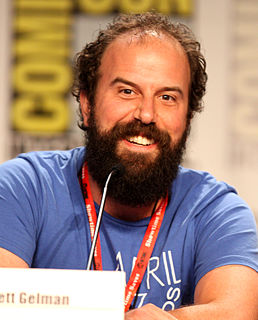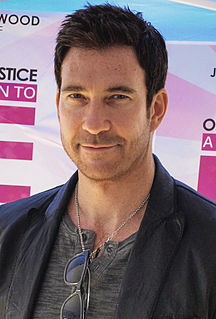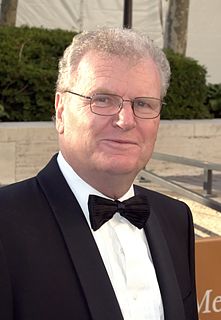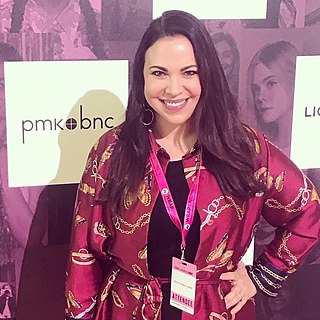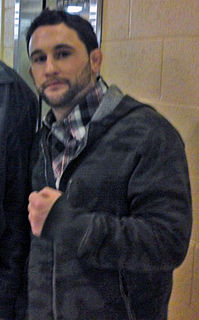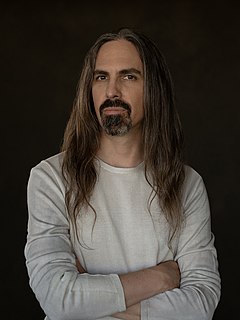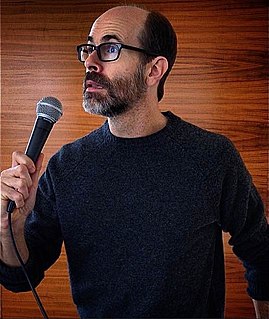A Quote by Brett Gelman
There's a certain order to network shows that doesn't exist so much in cable, which is, you know, if you want to change a line you've got to talk to the writer.
Related Quotes
I think right now there's more TV shows than ever. You've got network, you've got cable, you've got Netflix, you've got Hulu, even Amazon is putting out original content. So there's a lot of opportunities to find fans. You don't have to have a huge audience. You can cater to the people that like your stuff. So there is a boom in comedy and television and stand-up too through podcasting and all the different talk shows.
The territory has changed, and a lot of really good actors want to do cable series, but they don't necessarily want to do network TV and make the commitment of 22 episodes or whatever. They find that the liberties and the creative freedoms that you get in cable is more interesting to them than the censorship of a network show.
Advertisers have become scared of talking about certain issues because they don't want to upset an American family. I think it's a shame because there are things we want to talk to our kids about. So to be able to talk about LGBT issues on our shows. To be able to to talk about sex on our shows. Now if you're like, "I'm going to do an episode talking to kids about sex," on a network that's hard to do!
And this shows that people want to be stupid and they do not want to know the truth. And it shows that something called Occam's razor is true. And Occam's razor is not a razor that men shave with but a Law, and it says: Entia non sunt multiplicanda praeter necessitatem. Which is Latin and it means: No more things should be presumed to exist than are absolutely necessary. Which means that a murder victim is usually killed by someone known to them and fairies are made out of paper and you can't talk to someone who is dead.
I will admit I am a little bit of a line fudger. I will change the line a bit to make it feel better in my mouth. That is something they'll allow you to do on 'Veep' unless it's a particular joke where they're like, 'No, it just sounds better like this.' But with a lot of network shows, the script is law; you cannot change it all.
